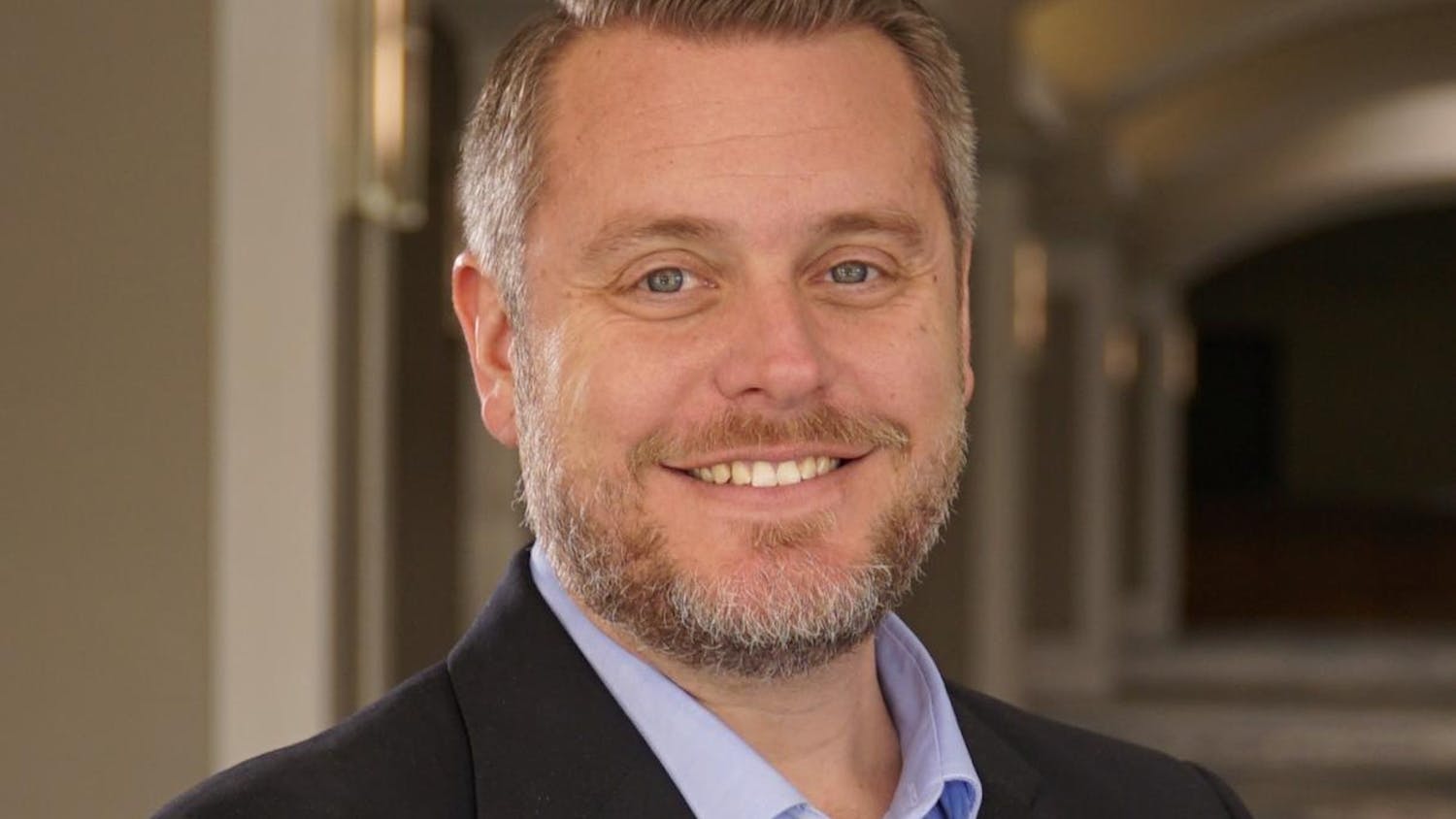Journalism students are taught to contact sources, interview them and write the story. However, professors may forget to mention the gatekeeper who could be in the way of news.
According to the Society of Professional Journalists, journalists today are often directed to a public relations manager or are required to fill out media request forms before speaking with desired sources.
These practices have been implemented at UF as of three months ago in response to the number of student journalists reaching out.
Frank LoMonte, the director at the Brechner Center for Freedom of Information, submitted a 93-page research paper to the University of Kansas this year discussing the issue.
Government agencies are increasingly putting a public relations office in place as a gatekeeper who prevents journalists from getting access to employees without filtering, LoMonte said.
“Legally, there is no way that a government agency, including a state university, can enforce a mandatory policy of screening interviews,” LoMonte said.
LoMonte said in his research he discovered many agencies don’t have a written policy about its employees speaking with the media, but it becomes word-of-mouth among the employees.
“When the word-of-mouth passes that the boss doesn't like to see employees’ names in the newspaper, that becomes just as good as having a policy because everybody believes the policy exists,” LoMonte said.
UF Health Shands Hospital has always had a communications person to sort and monitor the emails, said UF spokesperson Steve Orlando.
“The reason down there is because they have a lot of doctors, and doctors are busy taking care of patients,” Orlando said.
UF’s Business Affairs now also makes journalists fill out a media request form, which is sent to AnaLee Rodriguez, the Business Affairs communications manager. The Alligator reached out to Business Affairs, but the office could not be reached for comment.
The university instituted this because officials were getting a lot of calls from student reporters, Orlando said.
“They’re getting kind of inundated with them,” Orlando said.
Orlando said in some cases where there are working reporters who are on deadline, they may need to step around the media request form and forego that process.
“They understood that,” Orlando said.
As a professor at UF, LoMonte said he never felt restricted in talking to media.
“It’s a bad idea to set up a public relations officer as the sole gatekeeper over who can speak to the media,” LoMonte said. “Forgetting about whether it's legal or not, it's just a bad management practice.”
He said the lack of public relations professionals and the abundance of emails will result in delays and describes this process as a “self-defeating policy.”
“News doesn't always wait 24 hours,” LoMonte said.
In any organization, the last thing you want to do is send a message to journalists that they can't get timely access to your employees, LoMonte said. He said settling for taking a prepared statement from somebody in a public relations office is not a good substitute for actually speaking to the person with firsthand knowledge.
“Journalists will just go elsewhere,” he said. “They'll talk to people at a different institution.”






